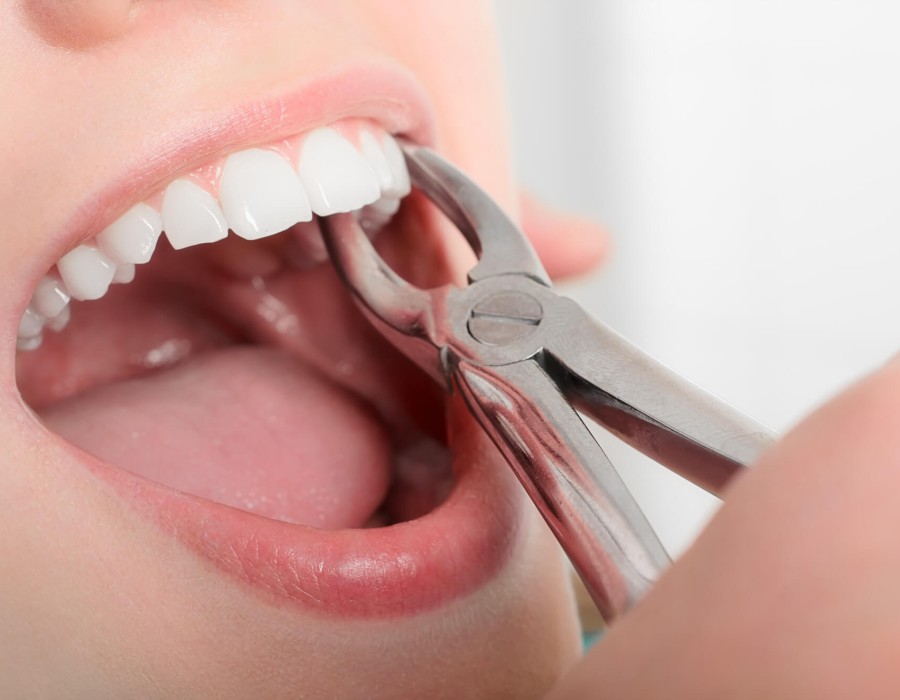Swelling is a common reaction following a tooth extraction, and understanding what is normal can help patients recover safely. For those who have had Tooth Removal In Dubai, knowing how to manage swelling and identifying warning signs of complications is essential. While mild to moderate swelling is part of the natural healing process, excessive or prolonged swelling may indicate infection or other issues that require professional attention.
Why Swelling Happens After Tooth Extraction:
Swelling occurs as a natural part of the body’s inflammatory response to injury:
- Blood vessels expand to deliver immune cells to the extraction site.
- Tissue fluids accumulate, causing puffiness around the affected area.
- Swelling typically peaks 24–48 hours after the procedure and then gradually subsides.
- This process helps protect the wound and promotes healing, making mild swelling a normal post-extraction symptom.
Normal Swelling Signs:
Certain symptoms indicate that swelling is part of the usual healing process:
- Puffiness around the jaw or cheeks that is not excessively painful.
- Mild bruising or discoloration near the extraction site.
- Swelling that slowly improves after the first two days.
- These signs are expected and generally do not require additional medical intervention.
When Swelling Is a Concern:
Not all swelling is harmless, and patients should watch for warning signs:
- Sudden increase in swelling after the initial 48 hours.
- Severe pain or throbbing that doesn’t improve with over-the-counter pain relief.
- Swelling accompanied by fever, pus, or foul odor from the extraction site.
- Recognizing abnormal swelling early allows for timely intervention and prevents further complications.
How to Reduce Normal Swelling:
Simple at-home measures can help manage typical post-extraction swelling:
- Apply a cold compress to the cheek near the extraction area for 10–15 minutes at a time.
- Keep the head elevated when resting or sleeping to minimize fluid accumulation.
- Follow the dentist’s instructions regarding pain medications and oral rinses.
- These strategies can significantly reduce discomfort and promote a faster recovery.
Foods and Habits to Avoid:
Certain foods and behaviors can worsen swelling or delay healing:
- Avoid hot, spicy, or hard foods that can irritate the wound.
- Do not smoke or consume alcohol in the first few days post-extraction.
- Avoid excessive talking, chewing, or touching the extraction site with your tongue or fingers.
- Following these precautions helps ensure that swelling remains within the normal range and supports overall healing.
Natural Remedies to Support Healing:
Several natural approaches can complement standard aftercare for swelling:
- Saltwater rinses help reduce inflammation and prevent infection.
- Herbal teas such as chamomile or green tea may soothe tissues and promote healing.
- Gentle application of aloe vera can provide anti-inflammatory benefits.
- These remedies should be used alongside professional advice and not as a replacement for it.
When to Call Your Dentist:
Immediate contact with your dentist is necessary if swelling shows concerning signs:
- Swelling that continues to worsen beyond three days.
- Severe or persistent pain not relieved by prescribed medication.
- Signs of infection such as fever, pus, or difficulty opening the mouth.
- Timely communication with your dentist ensures that any complications after Tooth Removal In Dubai are addressed promptly.
Final Thoughts:
Swelling after tooth extraction is a normal part of the healing process, but knowing the difference between typical and concerning symptoms is crucial. Patients recovering from Tooth Removal In Dubai can manage normal swelling with cold compresses, proper rest, hydration, and gentle oral care. Avoiding irritating foods and habits, using natural remedies, and monitoring for warning signs will support a safe and smooth recovery. Understanding these guidelines allows patients to feel more confident and comfortable during the post-extraction healing period.






Comments